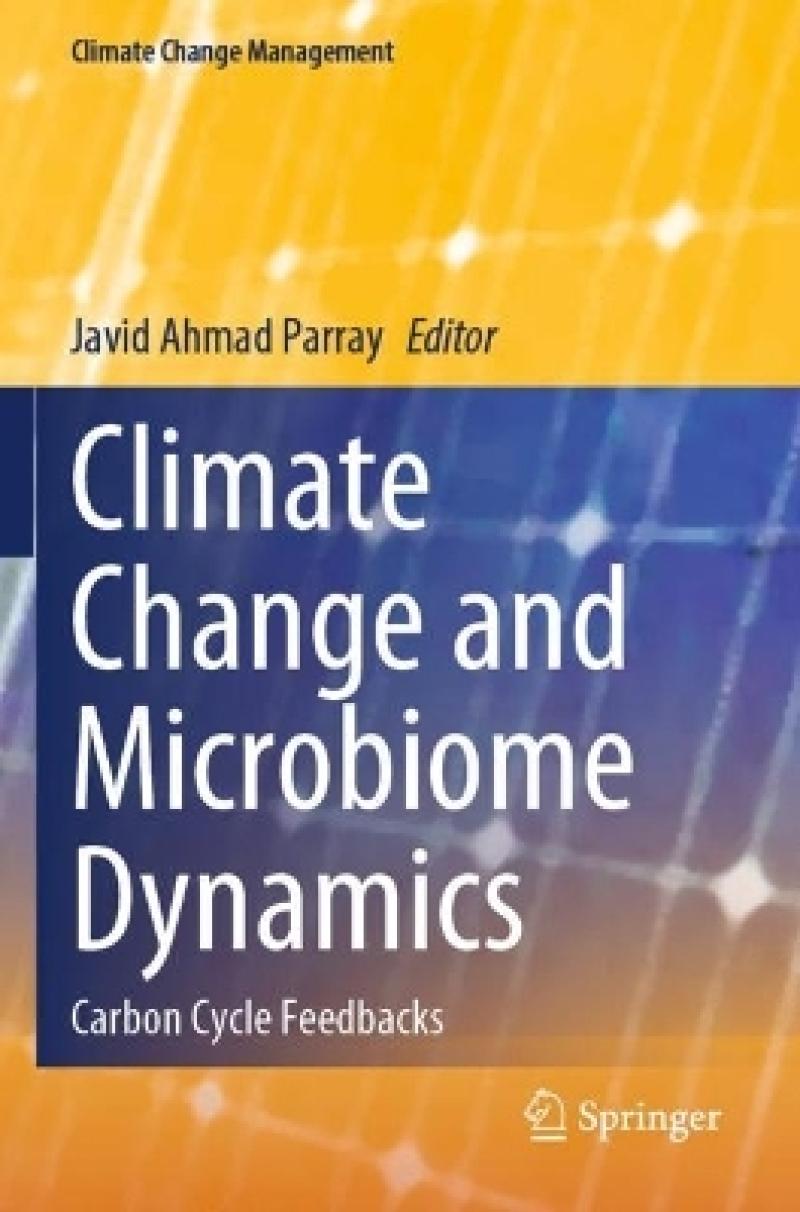Produktdetaljer
Biographical note
Dr Javid Ahmad Parray holds a Master’s Degree in Environmental Science and has completed his Research Program (M.Phil. and Ph.D.) from the University of Kashmir after qualifying the state-level prestigious JKSLET examination. He has also done his Post-Doctorate Research from the University of Kashmir. Dr. Parray was also awarded a Fast Track Young Scientist Project by SERB–DST, GoI, New Delhi. He currently teaches at the Department of Environmental Science, GDC Eidgah, Srinagar, affiliated to Cluster University Srinagar. He has attended many courses and conferences on environmental issues and other biotechnological aspects within and outside the country like Srilanka, Indonesia, Malaysia, etc. His fundamental research interests include ecological and agricultural microbiology, climate change and microbial biotechnology, environmental microbiome, etc. He has published more than 50 high-impact research papers and book chapters in reputed journals and publishing Hubs. Dr Parray has authored 11 books with international publishers like Elsevier, Springer, Callisto Reference USA and Wiley-Blackwell. Dr. Parray is on the editorial board and permanent reviewers of many journals and has been an invited speaker at various scientific meetings/conferences within India and abroad. He is also a Guest editor for a special issue on BioMed Research International, Hindwaii and with Frontiers in Sustainable food system. He is a member of many International and National scientific organizations and societies like Asian PGPR Society, IJMS Mumbai, Academy of Eco science, IAES Haridwar, etc. Dr. Javid was also awarded the “Emerging scientist year Gold Medal” for the year 2018 by Indian Academy of Environmental Science. Dr Parray is currently national course coordinator for Two (03) CeC–Swayam Moocs program on environmental Science. Recently, Dr. Parray has been approved for a book series titled “Microbiome research in plants and soil” by Elsiever.
